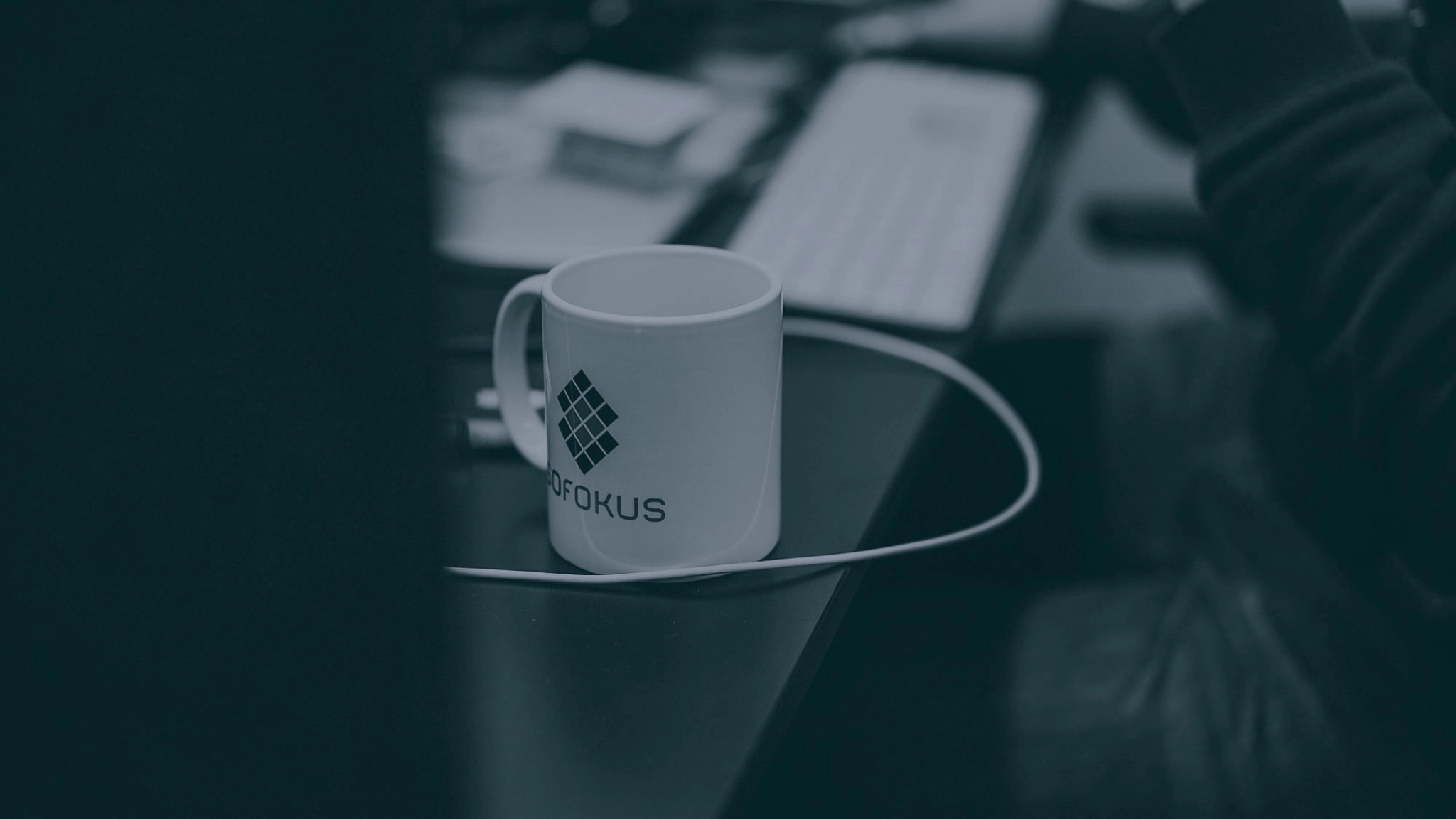
16 | Adele Hawkes: Positive psychology
The 16th Better Monday podcast episode is touching a very interesting topic, which is positive psychology and how to use it in workplaces. For this episode Milla got the opportunity to interview Adele Hawkes, who works as positive psychology coach for both individuals and companies.
The best kind of Mondays start with loads of optimism and excitement.
Adele Hawkes
For Adele, perfect Monday means starting the week with the ability to look forward to the whole week. This means loads of optimism and excitement, as well as the real idea of all the possibilities that the week might bring. Having a purpose and meaning in whatever one is planning to do is a great way to start a week.
How does positive psychology differ from normal psychology?
In what one would call normal psychology, psychologists study what is wrong with people, for example of what mental illnesses a person is suffering from. Positive psychology looks at the opposite side of the spectrum and focuses on all the things that are right with a person. Positive psychology pays attention to how people would optimally function, what do we need to be able to thrive, or how can we boost our happiness and well-being. It brings balance to normal psychology.
Be aware of toxic positivity!
Positive psychology isn’t just about positive thinking. Life is difficulty and all the challenges we face are normal. Positive psychology is here to help with setbacks and how to better deal with obstacles in our way. It provides different coping mechanisms for people and teaches us that all the different feelings are part of our lives.
Can positive psychology be used in workplaces?
Absolutely! And the possibilities are vast. One of the benefits of bringing positive psychology into the workplace is increased happiness and satisfaction among employees. It can boost productivity and motivation, as well as lead to greater creativity. Positive psychology methods also help with dealing with stress and burnouts, which on the other hand could reduce work-related sick leaves.
You can bring positive psychology into the workplace by using different techniques. Start by looking what are the strengths of your employees or colleagues and focus on them. When you focus on the strengths, you empower people. However, this doesn’t mean that you should ignore weaknesses, because only by acknowledging the weaknesses you can bring the right people into your team that will complete the teams’ skills.
Hero prevents burnout
Psychological capital is about the inner resources that one has to cope with different situations. There is a lovely acronym to better remember it: HERO.
H is for hope
E is for efficacy or self-efficacy
R is for resilience
O is for optimism
We can build, grow, develop and learn about these inner resources. If these are full, a person is usually energised, motivated, and feels good. Nothing stays in this person’s way. These also help to recover better from emotionally draining tasks.
In the corporate world, we usually don’t have long recovery times. It’s usually straight from one task to another, from one project straight to the next one. This is why it is important to be able to manage these inner resources well. They will help us in the long run. If you have a workforce which is high in psychological capital they are almost unstoppable. There is nothing they can’t do.
Adele’s tips for companies:
- Listen and ask what your employees want and then react.
- Take a strengths-based approach and use job crafting.
- Show some appreciation and say thank you.
Interact with people’s bigness and not with their smallness – take a strengths-based approach and bring psychological safety into the workplace.